The family moved New Jersey to Arkansas in 2007 for Thomas’ work. They purchased 82 wooded and hilly acres, and Grace became active in a homeschool 4-H group. The farm began to take on a life of its own as she grew her herd of goats, cows, and other animals.
The farm is now home to four generations of Grace’s Jersey cows, used for milk and meat. Their 16 dairy goats used to be milked and shown by Grace, but now they are enjoyed by the farm stay guests and keep all the underbrush on the property clear and ideal for hiking. They also have a standard donkey and a miniature donkey, two fiber sheep, chickens for eggs and keeping the fly population down, and ducks and geese to keep the orchard grass trimmed. Their seven Great Pyrenees dogs protect the farm animals from a thick coyote population.
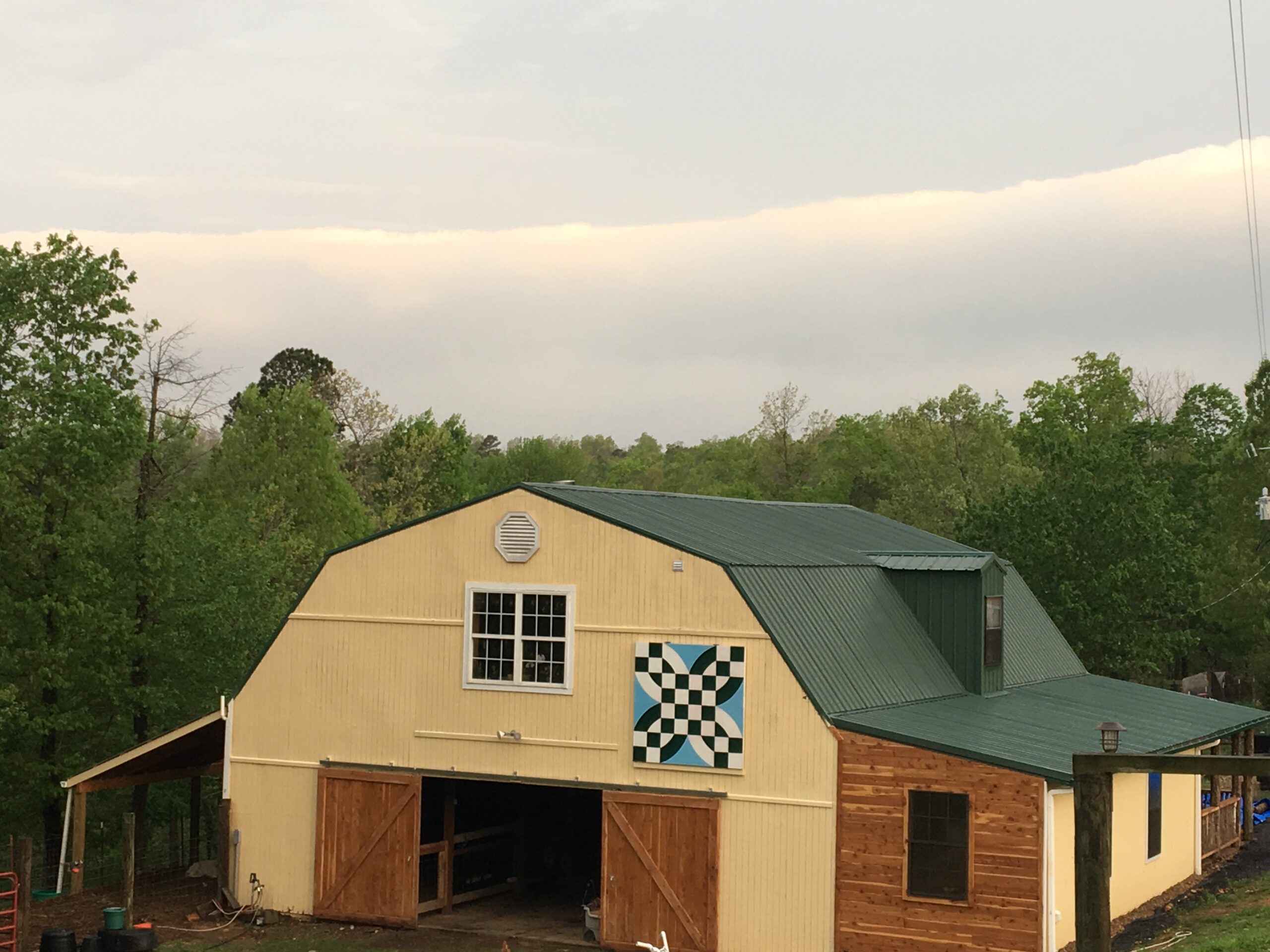
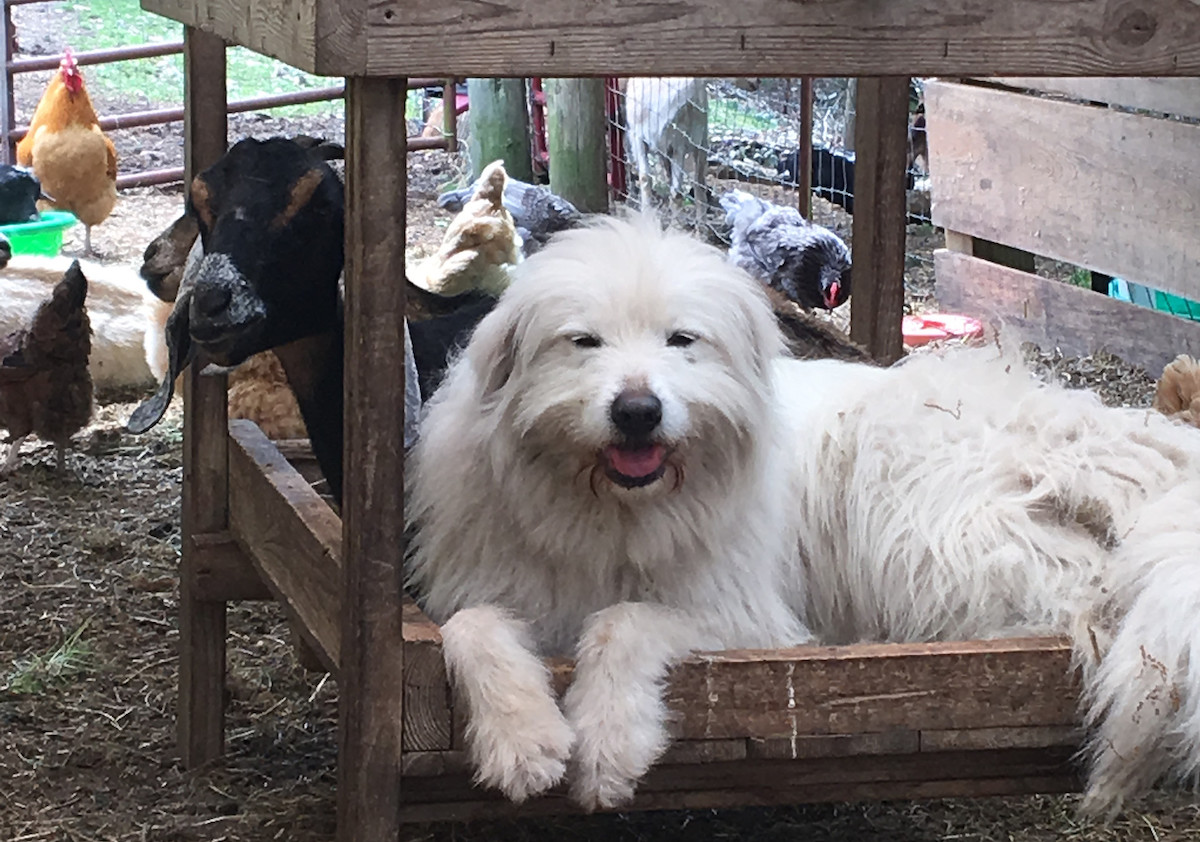
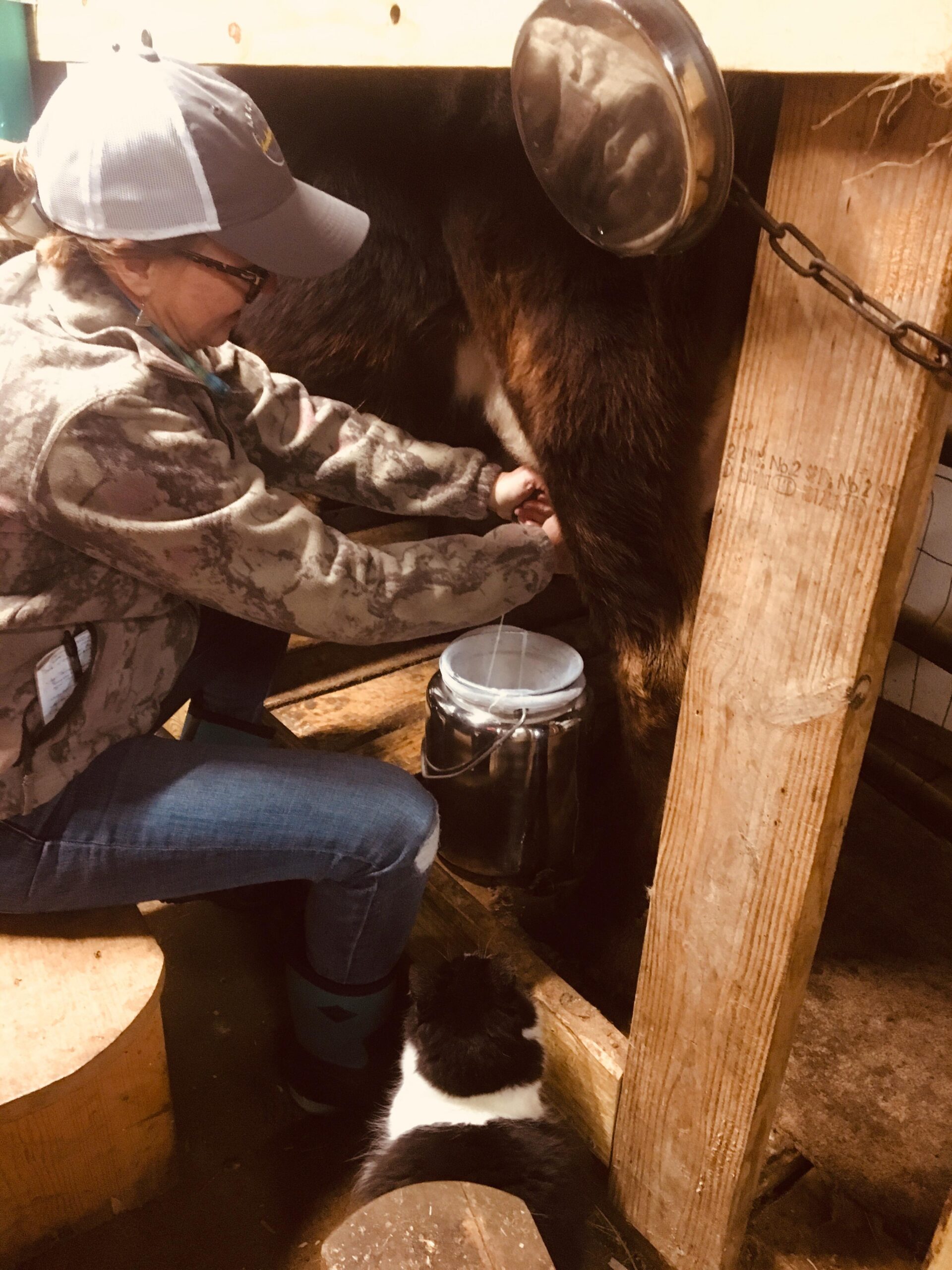
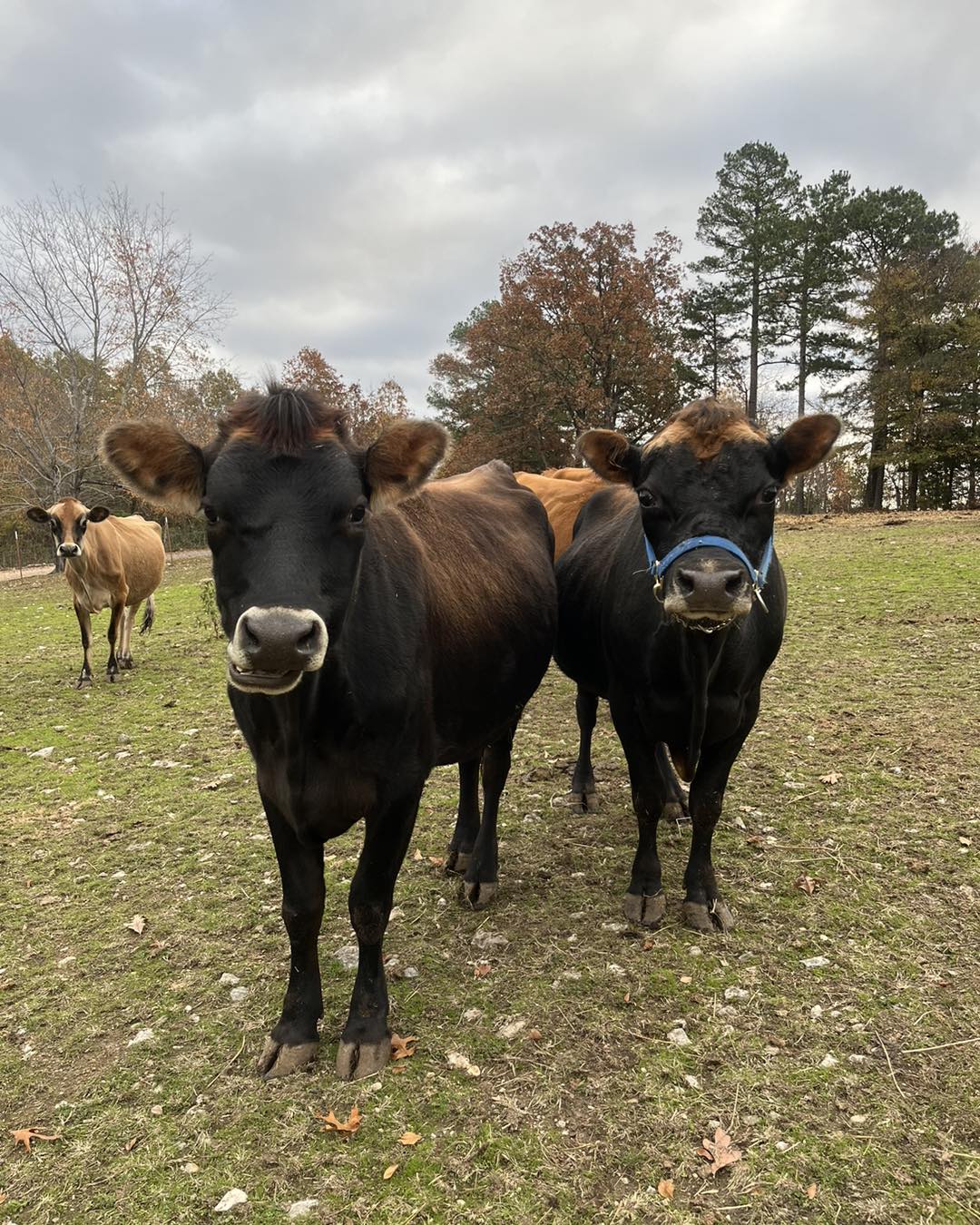
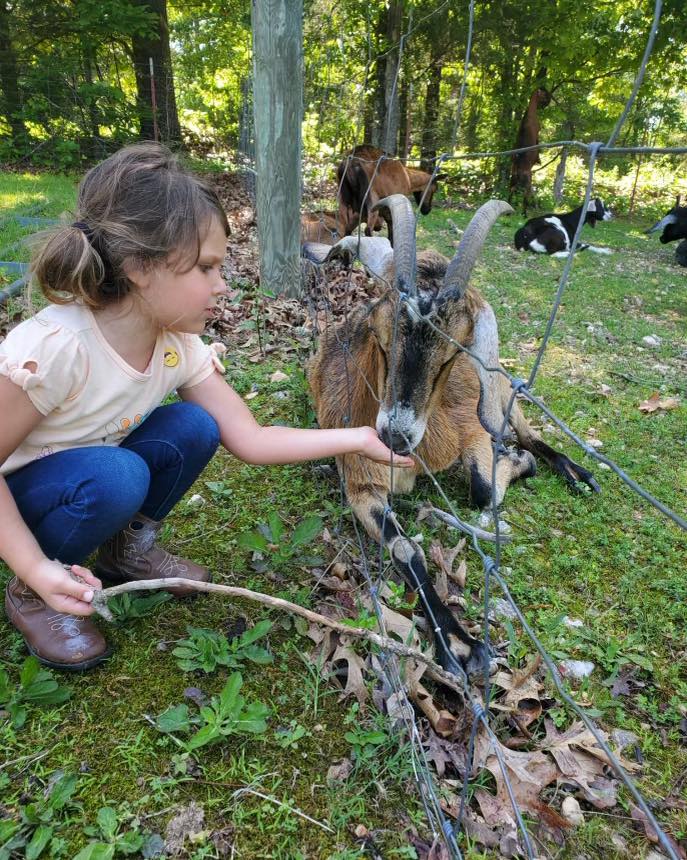
Once they have enjoyed the farm, they head up to the barn loft where breakfast is served by Ruth from a certified kitchen which is dedicated gluten free. The barn loft, with its living/dining area and large kitchen, has been created for guests to enjoy full farm breakfasts and private dinners, and has a cozy family atmosphere. “If the guests have got little kids, they are playing in the loft of the barn with blocks while mom and dad are finishing their dinner – okay! You can’t get this in a restaurant” Ruth laughed. “Grace and I have taken our share of turns rocking babies so moms can eat.”
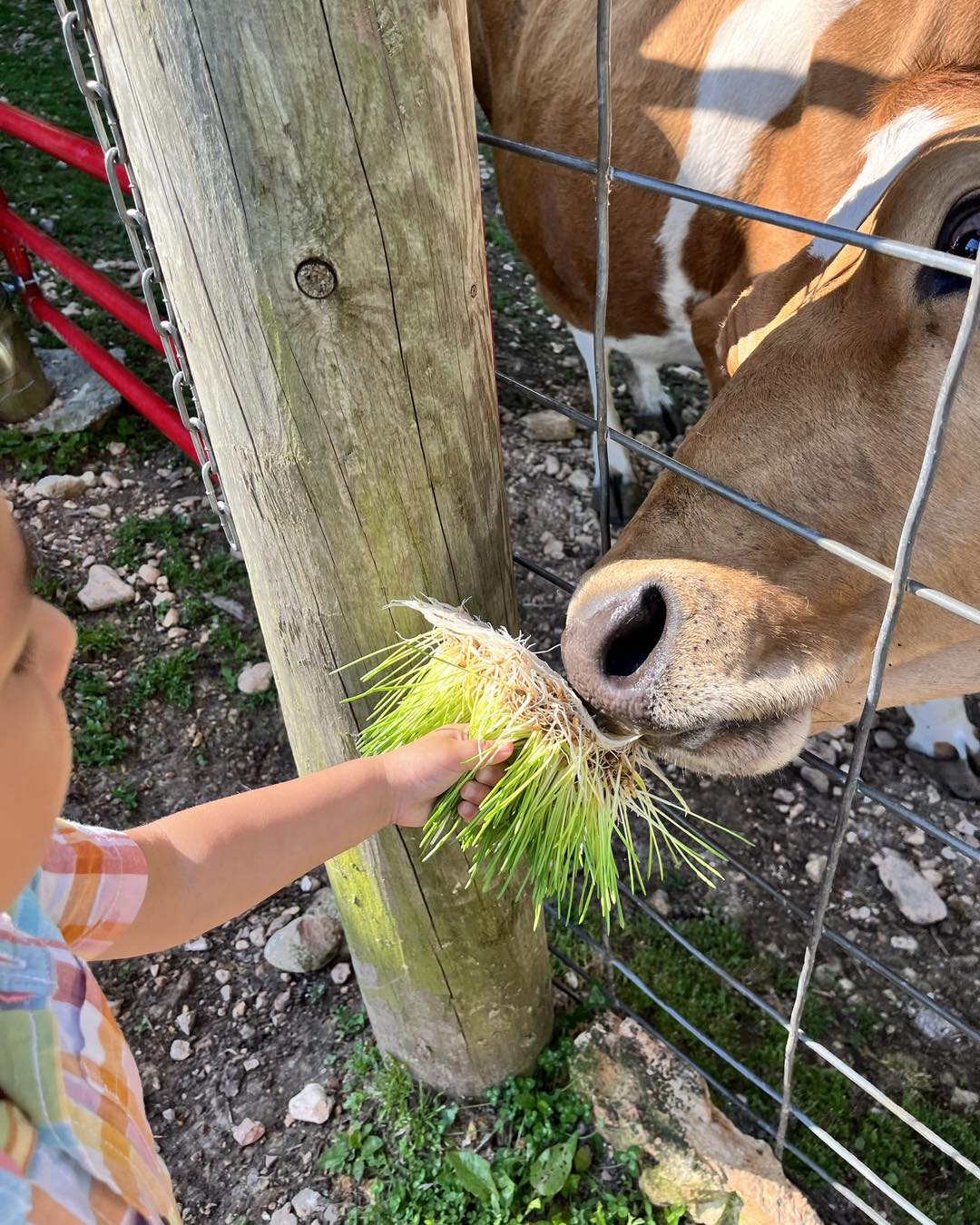
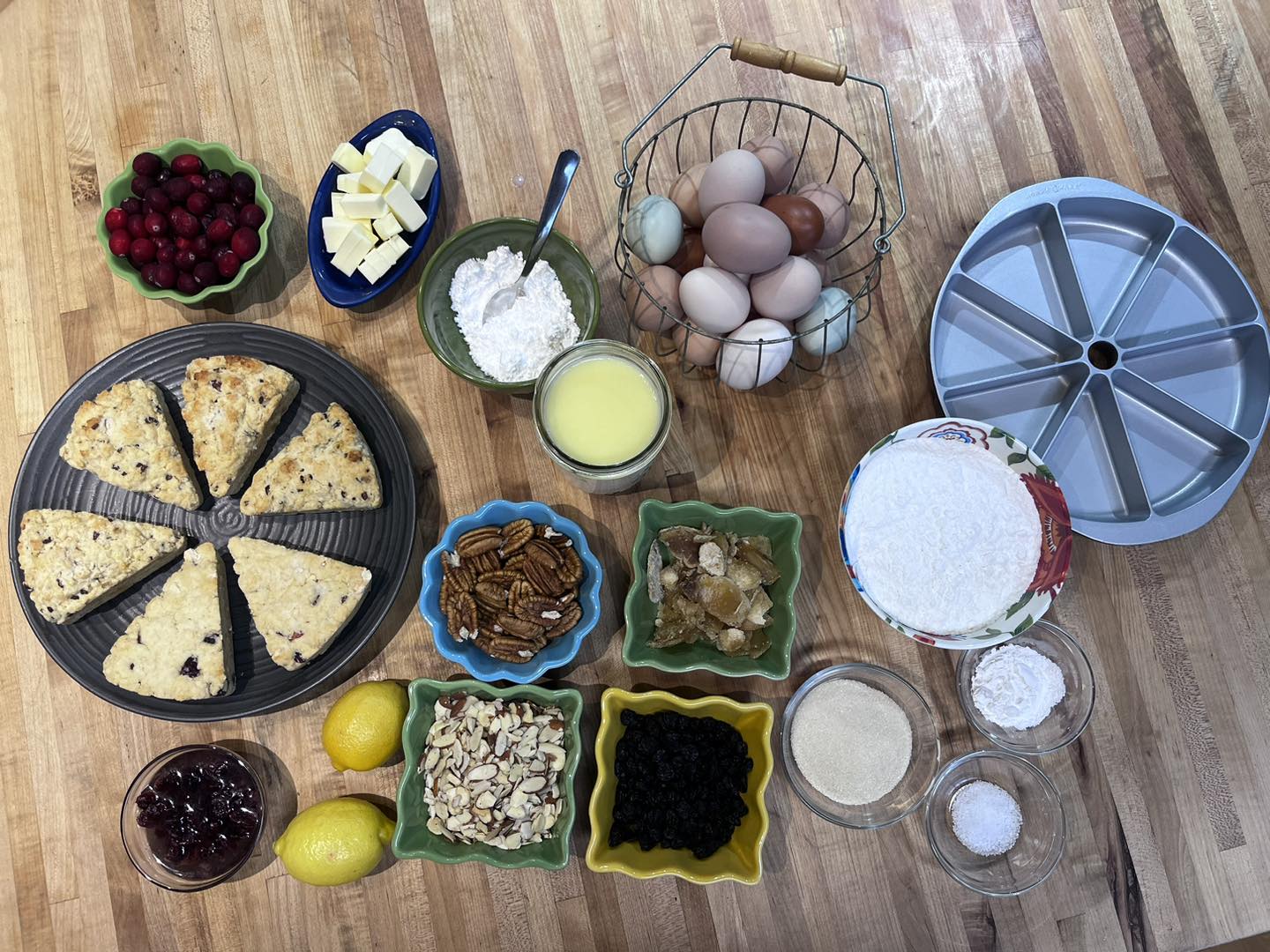
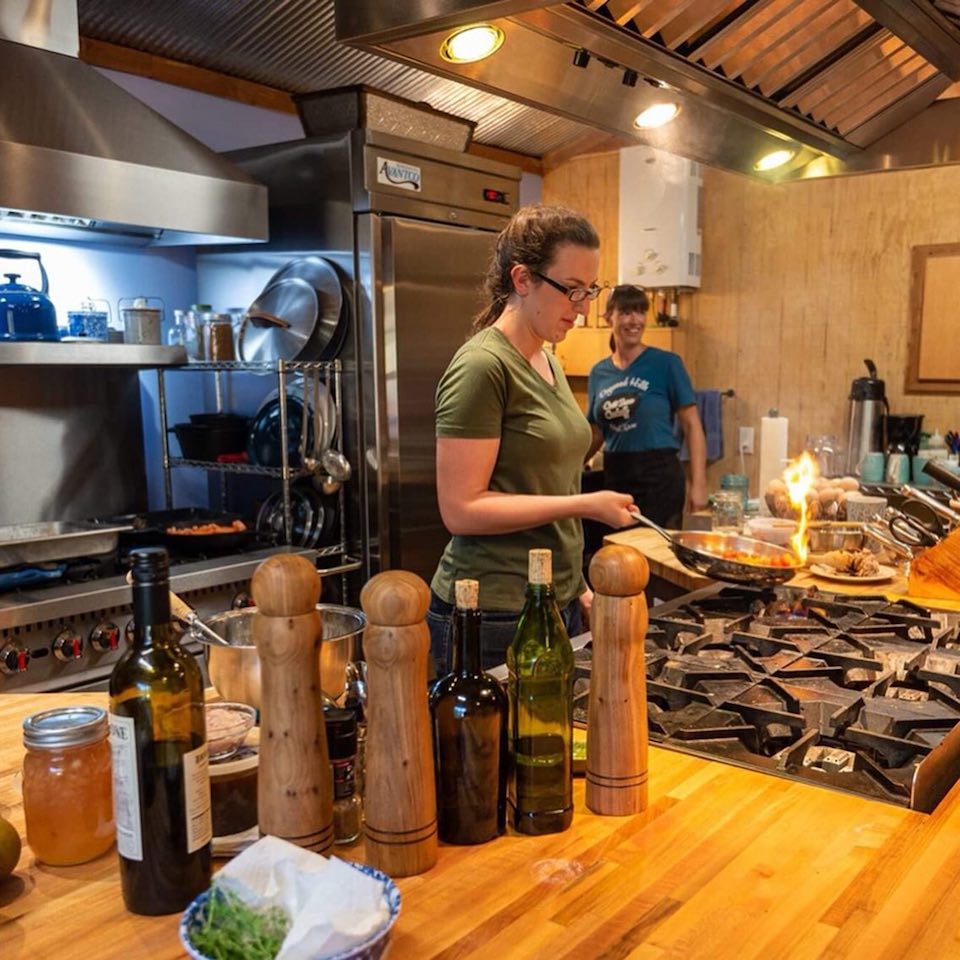
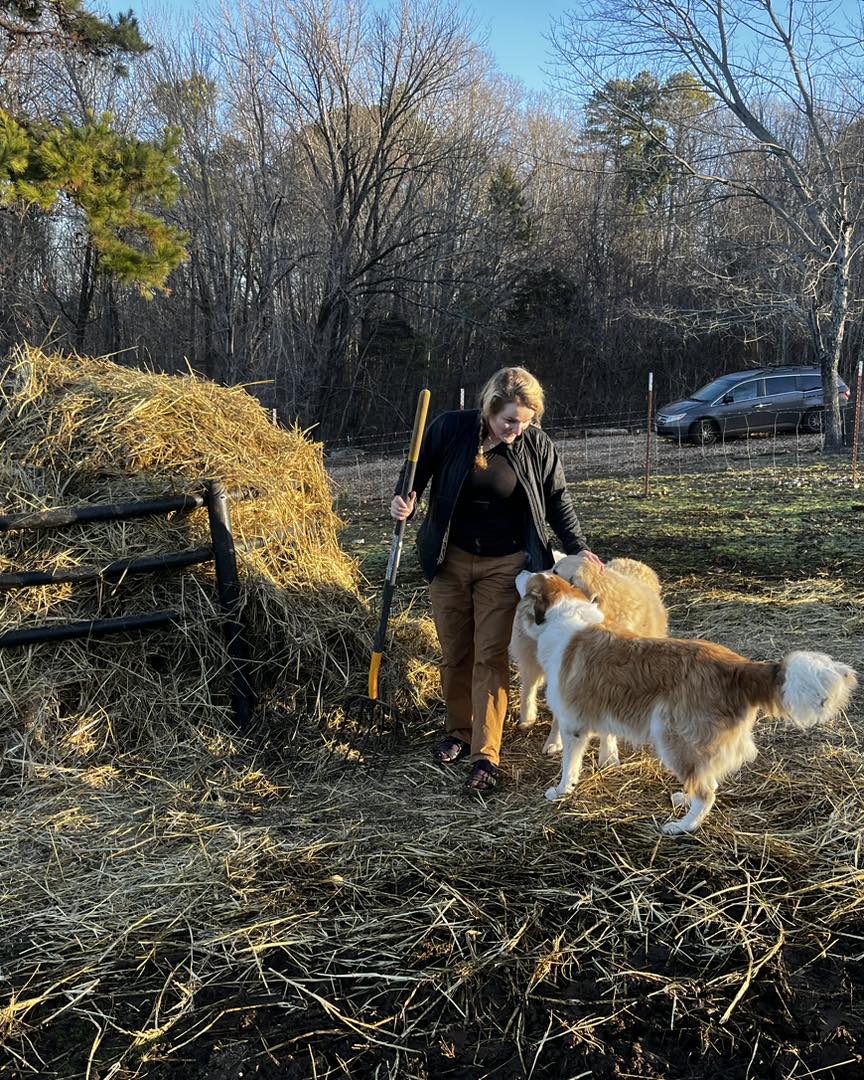
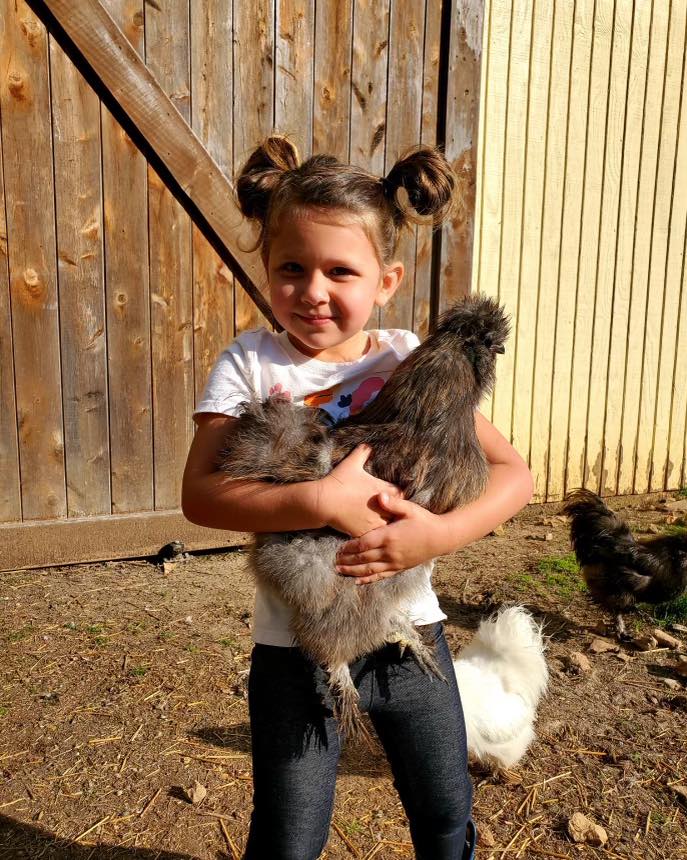
Building community can be challenging, and I wondered how Ruth and her family have coped with the isolation that can impact farmers even more tangibly than it does suburbanites. She said that moving to a rural area in a new state was a huge transition. It has taken them a long time to build community and they have learned to be very intentional about it. They host a community potluck once a month, inviting local farmers who may not have family nearby or have moved in from out of state. “They like that, they all need the same thing, they all need that connection. That’s been a super important thing for us,” she said. They also host potluck dinners on Christmas, Easter, and Thanksgiving, where “everybody brings something, and that way they have those holidays with people that they know and they spend them with every year, so that’s kind of neat.”

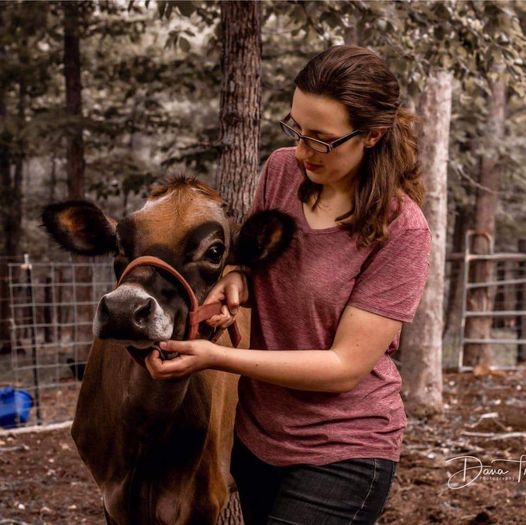
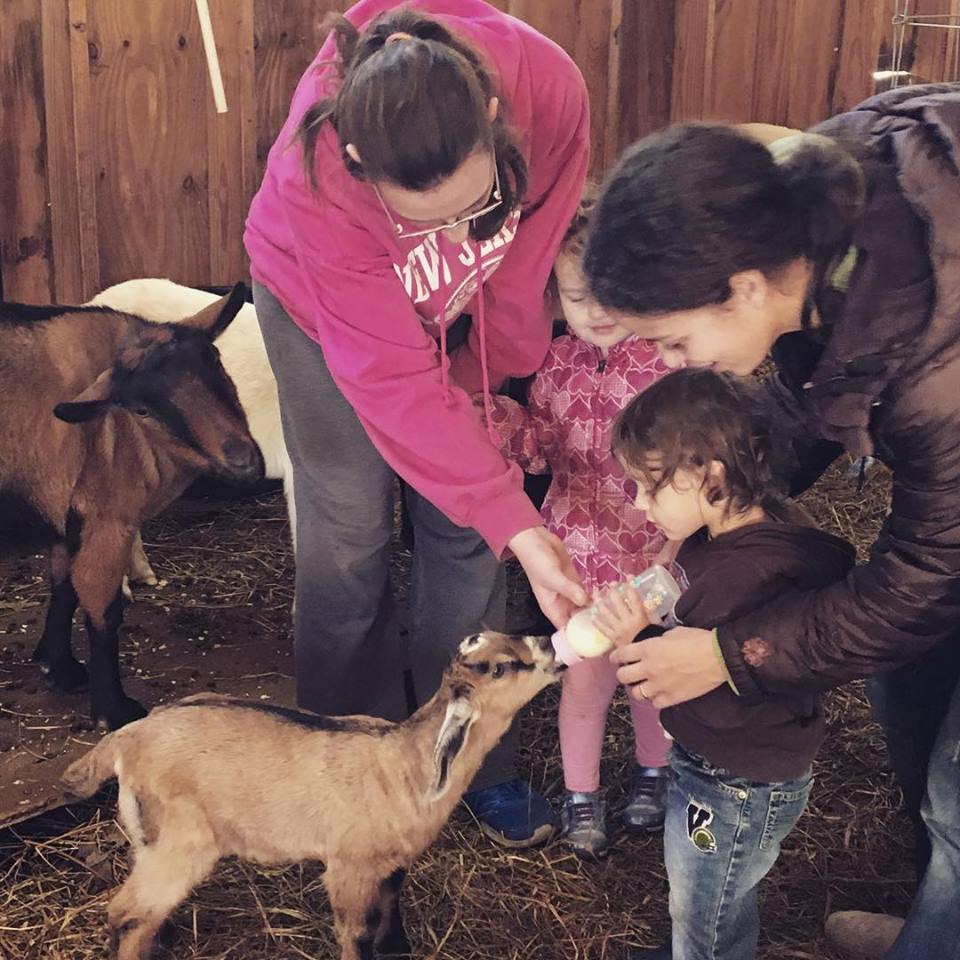

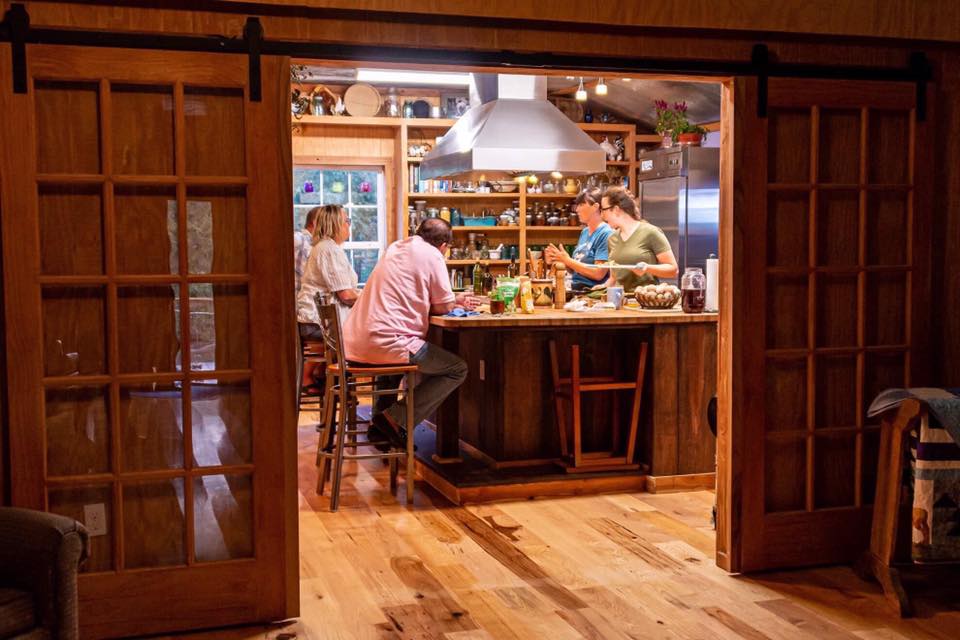
0 Comments